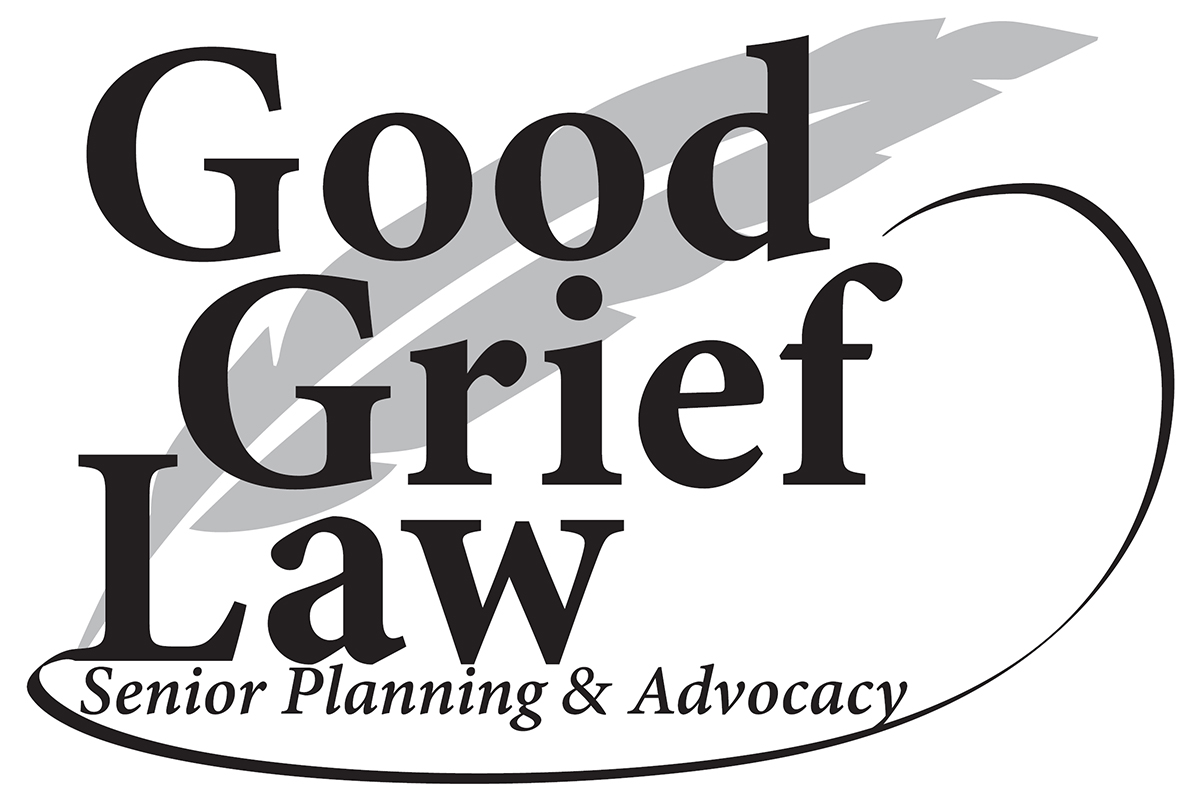|
Trusts are some of the most common tools used to protect assets and ensure they are distributed according to your wishes.
There are many types of trusts. The most common ones are living trusts, irrevocable trusts, revocable trusts, supplemental needs trusts, special needs trusts, testamentary trusts, and even trusts for your pets. Different types of trusts offer unique features and benefits. Common benefits of trusts include asset protection and avoiding probate.
A trust may be the best way for you to protect your wealth and financial legacy, regardless of the size of your estate.
For more information about living trusts for seniors in Charleston, call us today. |











